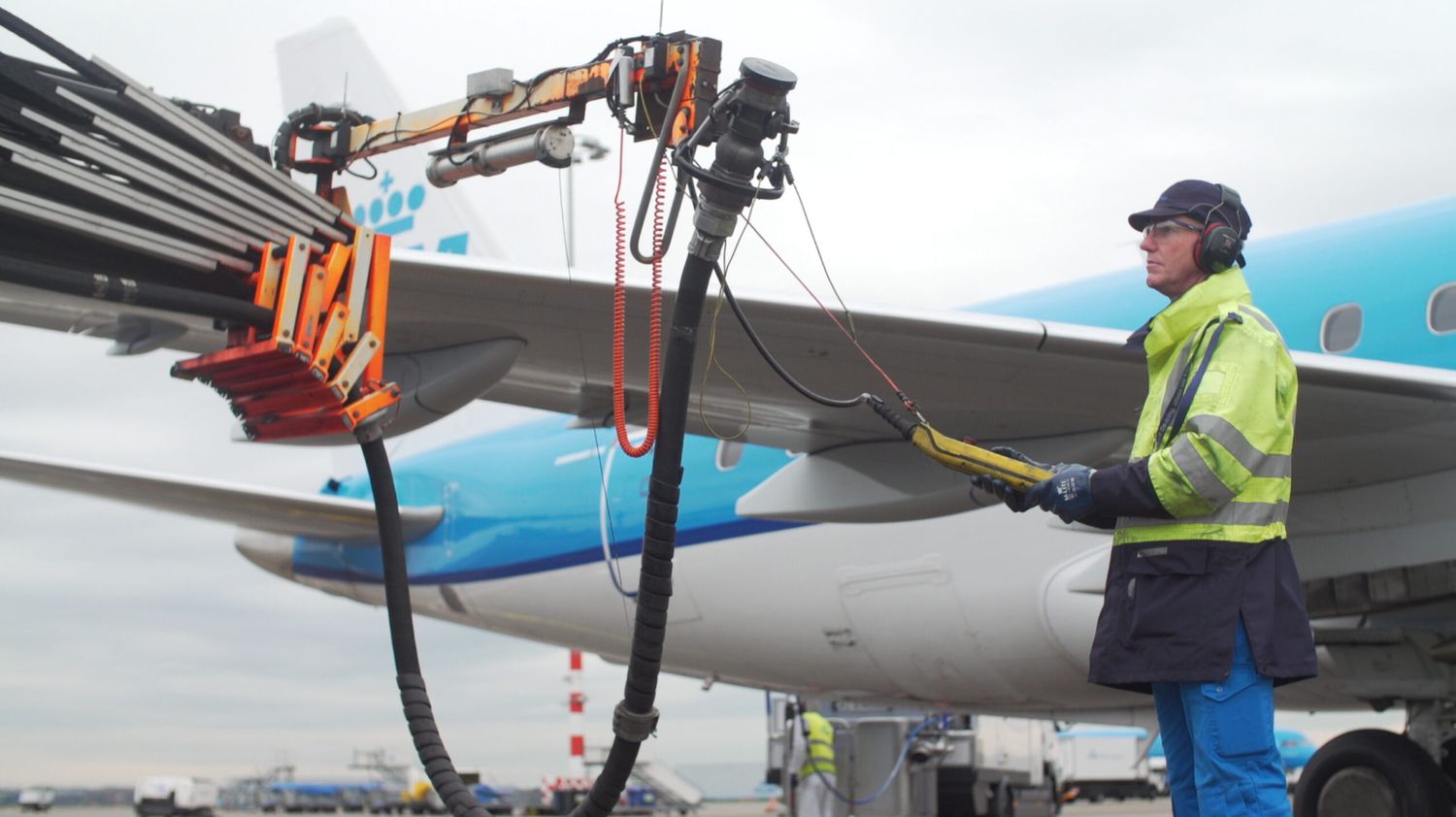KLM and Air France increase the proportion of SAF on their flights to reduce environmental impact
In order to stimulate the SAF market in aviation, KLM announced that it will incorporate 0.5% of sustainable aviation fuel in its flights operated from Amsterdam Airport-Schiphol Airport-Amsterdam.
However, according to the company, while the use of SAF in its operations has grown, the percentage achieved still does not represent the amount they are targeting, as at the moment it does not reach 1% of the total fuel consumed.
«We are aware that the 0.5% standard blend on passenger tickets is a very small but important step in the right direction, and we hope that other airlines will soon follow. We will have to work with all parties around us and find robust solutions and innovations to further open up the SAF market,» assures the statement issued by KLM.
Just as we have been reporting, the use of SAF does not require modifications to the aircraft or fuel distribution infrastructure, and its use represents a reduction of up to 80% in CO2 emissions compared to conventional fuels. Nevertheless, as the airline points out, «the costs of the sustainable fuel variant are at least four times higher and production is lagging behind. As demand increases, KLM expects to further develop the market for SAF so that supply will expand and sustainable fuel will eventually become cheaper.»
Specifically, KLM is committed to intensifying its efforts to reach several sustainability targets to which it has adhered, among them the net-zero CO2 emissions by 2050, agreed in the UN Climate Agreement signed in Paris. Concerning sustainable aviation fuel, the company assured that «our goal, if we want to achieve our climate targets, is to reach 10 % use of PBS by 2030.»
To this end, it launched two new initiatives:
- SAF included in the ticket: from January 22, all tickets purchased for flights departing from Amsterdam will include a contribution to pay SAF. The charge will be between 1 and 4 euros in Economy class.
CO2ZERO: The emissions offset program, focused on reforestation, now adds the possibility of buying more SAF, to reduce the proportion of conventional fuels used. - Although including an additional charge in the ticket may not be well received by some customers, it is clear that travelers are also part of the industry that emits carbon dioxide into the environment. But the good news is that, at the same time, the number of passengers, suppliers and airline employees who are willing to make an effort to reduce the environmental impact of their operations is growing.
Air France
KLM’s partner, Air France, also announced new measures to promote sustainability in the industry. It reports that between 2005 and 2019 the airline reduced its CO2 emissions by 6%, and is now working to reach 15% by 2030.
Every year, Air France invests one billion euros to renew its fleet, keeping modern, fuel-efficient aircraft in operation, but this is not enough and it is necessary to look for alternatives that reduce pollution.
Since French legislation begins to require the incorporation of at least 1% SAF in all flights departing from the country as of this year, Air France will also include a «Sustainable Aviation Fuel» contribution charge as of January 10.
According to estimates by the French airline belonging to the Air France-KLM group, more than 15,000 tons of SAF will be integrated into its operations by 2022, which is 10 times more than in 2021 and double the required amount.


Comentarios
Para comentar, debés estar registrado
Por favor, iniciá sesión